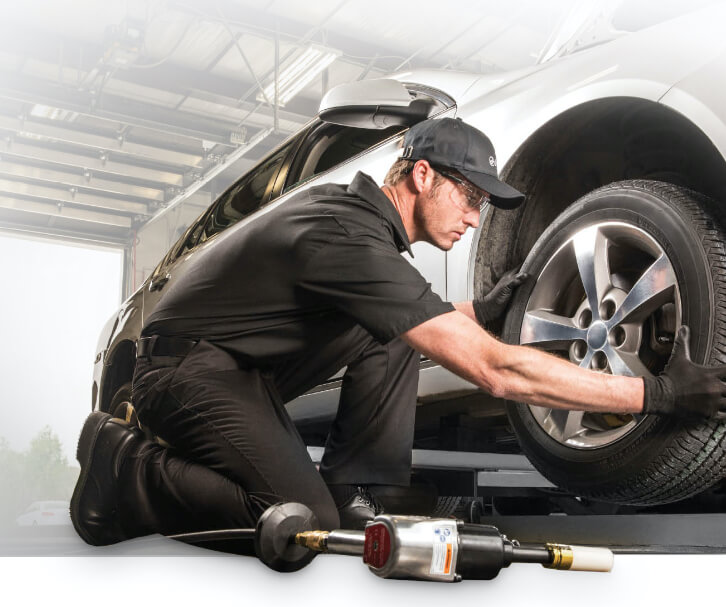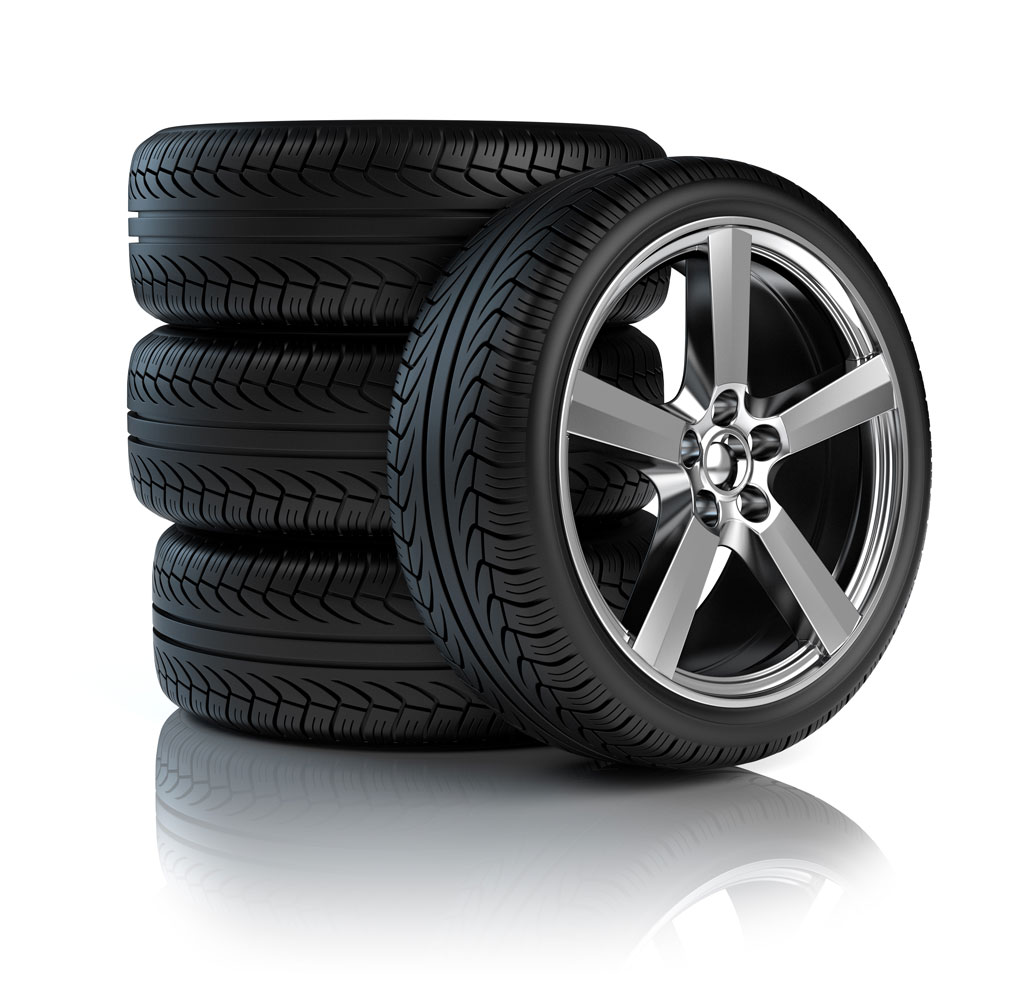Experience Precision with GMC Tire Service at Morris Tires
Experience Precision with GMC Tire Service at Morris Tires
Blog Article
Tire Service: The Influence of Weather Condition Problems
When it pertains to ensuring optimal efficiency and safety when traveling, recognizing the effect of climate condition on tire solution is vital. From scorching warm to icy roads, each weather component can dramatically affect tire performance and overall driving experience. By diving into the impacts of varying weather condition conditions on tires, drivers can get valuable insights that might boost their vehicle's performance and long life. In this discussion, we will check out the complex partnership between climate condition and tire service, losing light on the relevance of weather-specific tire upkeep practices and considerations.
Warmth and Tire Performance
When exposed to heats, tires experience modifications in performance that can dramatically impact automobile safety and security and handling. The warm created from prolonged driving or hot weather condition problems triggers the tire rubber to soften, causing minimized walk life and boosted wear. As the rubber comes to be softer, the tire's grip on the road lessens, affecting braking distances and overall traction. In severe cases, excessive heat can even cause tire blowouts, posing a severe security threat to the vehicle and its owners.

Cold Weather Condition Effects
Winter conditions can have a substantial influence on tire performance and security. As temperature levels drop, tire rubber can harden, leading to reduced traction on icy or snow-covered roadways. In chilly weather condition, tires may also shed air pressure more quickly, which can affect taking care of and fuel performance. In addition, chilly temperature levels can cause tire sidewalls to stiffen, enhancing the threat of damage from holes or other road threats.
To mitigate the effects of chilly climate on tires, it is vital to consistently examine tire pressure and inflate them to the manufacturer's advised levels. Making use of winter months or all-season tires made for winter problems can additionally improve traction and hold on icy or snowy roadways. Appropriate tire maintenance, consisting of regular assessments for wear and damage, ends up being even extra vital during cooler months to ensure ideal efficiency and security.
Rainy Conditions Impact
During rainy problems, tire efficiency and safety and security can be significantly affected by the wet road surfaces and minimized visibility. The walk pattern of tires plays a vital function in preserving grip on damp roadways. Tires with worn-out footsteps are much more susceptible to hydroplaning, where a layer of water develops between the tire and the road surface, causing loss of grip. To fight this, vehicle drivers must frequently examine their tires for appropriate walk deepness and take into consideration investing in tires especially created for wet conditions.
In addition, stormy weather condition can likewise decrease exposure, making it testing for motorists to see the road in advance clearly (GMC Tire Service). In such conditions, it is vital to change driving rates accordingly and keep a safe adhering to range to enable sudden quits. Correctly filled with air tires can also assist in preserving control on wet roads by supplying much better handling and hold
Snow and Tire Safety And Security
Snow-covered roadways posture one-of-a-kind obstacles for vehicle drivers, highlighting the importance of appropriate tire choice and maintenance. look at here now When driving in snowy conditions, having the ideal tires can make a substantial distinction in safety and security and performance. Wintertime tires are made with special rubber substances and tread patterns to offer better grip on snow and ice compared to all-season tires. The much deeper footsteps and sipes of wintertime tires help hold the road much better, minimizing the danger of gliding and slipping.

Additionally, chauffeurs need to take into consideration installing tire chains in extreme snowy conditions. Tire chains give added grip by gripping the snow and ice, enhancing security and control. It is essential to comply with supplier directions when utilizing and setting up tire chains to avoid damage to the tires and vehicle (GMC Tire Service). By selecting the appropriate tires, keeping appropriate inflation, and taking into consideration added traction aids like tire chains, chauffeurs can boost their safety and security when navigating snow-covered roadways.
Weather-Related Tire Upkeep
Weather-related tire upkeep includes a variety of methods aimed at making sure optimal tire feature and durability in different weather condition situations. One key facet of weather-related tire upkeep is tire stress regulation. Evaluating tire tread frequently and replacing tires when walk wear gets to a specific deepness is important for preserving grip and stability in unfavorable weather condition.
Final Thought
To conclude, weather condition conditions have a considerable effect on tire efficiency and security. From warmth affecting tire pressure and wear to chilly weather condition reducing grip, it is vital to consider the weather condition when maintaining and using tires. Stormy problems can reduce hold and cause hydroplaning, while snow can raise the threat of accidents if tires are not appropriately geared up. Weather-related tire maintenance is crucial in guaranteeing optimum efficiency and safety and security when driving.
In this discussion, we will discover the intricate connection in between climate conditions and tire service, shedding light on the value of click to find out more weather-specific tire upkeep techniques and considerations.

Report this page